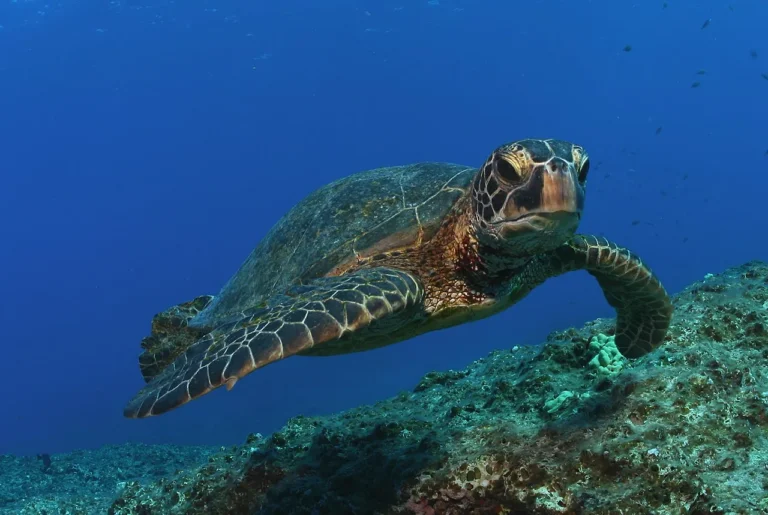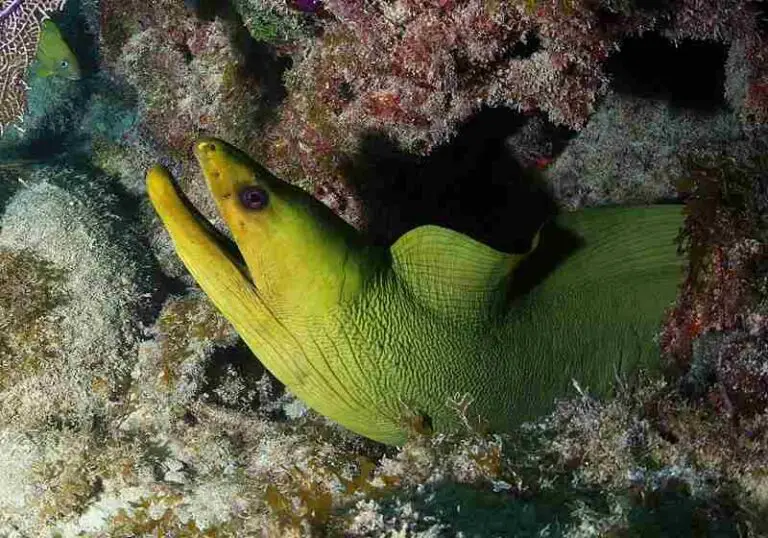5 Oil Spill Effects Explained
Oil spill effects are; environmental degradation, biodiversity decline, economic loss, public health problems, and social conflict.
This article discusses oil spill effects, as follows;
1). Environmental Degradation (as one of the Oil Spill Effects)
Environmental degradation is one of the most common effects of oil spills. All major components of the environment can be degraded by petroleum pollutants.
Water pollution is the most common form of environmental degradation that could be linked to oil spill events. This is partly due to the mobility of water which helps to disperse such pollutants, as well as due to the rampant use of oceans as a transport medium for petroleum products.
Several major cases of oil spill have occurred on the ocean, and millions of gallons of petroleum have been released into the marine water bodies in many of these cases [6].
When coupled with cases of flooding and large-scale runoff, oil spills in water can easily lead to stormwater pollution, which could have widespread consequences.
In oil-rich regions, spillage poses a threat to sustainable agriculture because of its potential to cause severe soil pollution [2]. Hydrocarbon in soil can greatly alter the structural and physicochemical characteristics of the soil, to the extent that it becomes unsafe and unfit for farming and other purposes.
Air quality is also threatened by oil spill. Volatile components of petroleum pollutants in soil and water can be released into the atmosphere through evaporation and biodegradation.
The process of petroleum escape also often involves release of greenhouse gases like methane and carbon dioxide into the atmosphere. These gases are known to facilitate global warming and climate change, among other negative environmental impacts.
2). Biodiversity Decline
The effect of oil spill on biodiversity is a direct reflection of the changes in the ecosystem and natural transfer pathways for bioenergy across the trophic levels of the energy pyramid, which occur when petroleum contaminates the environment.
Some of the most drastic impacts on biodiversity from oil spill, have been observed in marine ecosystems, where a good proportion of such events occur. Marine biodiversity impacts are severe due to their high variability and the difficulty involved in controlling them [7].
Petroleum pollutants in marine water bodies can reduce the amount of available oxygen, while contaminating the nutrient reserves and food sources, and altering the natural physicochemical conditions. These effects reduce the chances of survival and reproduction for many organisms.
For non-aquatic biodiversity, oil spill can have negative effects by reducing the ability of soil to support plant growth. Since plants are the primary source of food to the ecosystem [3], this implies reduced levels of available bioenergy.
Contaminated food sources, destruction of habitats, and exposure to toxic pollutants all lead to biodiversity decline.

3). Economic Loss (as one of the Oil Spill Effects)
Oil spill is a cause of resource depletion and energy waste, both of which have negative implications for the economy.
Petroleum is a major energy resource for electricity generation and transport, among other applications. The loss of petroleum resources through oil spill implies losses in economic productivity for the energy and transport sectors, and extra cost for the replacement of lost resources.
Oil spills lead to economic losses also through the damage of infrastructure. Aside the oil and gas facilities that are usually destroyed during oil spills, others like water dams, nearby power plants, and buildings can be degraded due to contact with pollutants or fire. The rehabilitation of such infrastructure may come at a huge cost.
Also, environmental remediation projects to eliminate hydrocarbon pollutants from the environment, may consume resources which could be used for other purposes.
By degrading the environment, oil spills lead to loss of revenue from tourism and other public sectors. Agriculture may also major losses due to the contamination of soil.
Lastly, economic losses from oil spill could come in the form of public healthcare costs, which may be increased as a result of health problems from contact with hydrocarbon pollutants.

4). Public Health Problems
Oil spills release toxins into the environment, many of which are a threat to public health.
Various forms of contact with hydrocarbon pollutants have been found to cause fatigue, hormonal imbalance, dermatitis, headache, and respiratory ailments [1].
These effects are more likely to be found in people who are either involved in cleanup projects, and those who reside within the polluted area. However, they may also be experienced in regions far from the point where pollution originates.
Oil spill may alternatively affect public health by causing hunger and food insecurity [5], both of which may result from the degradation of agricultural soils by petroleum pollutants.
5). Social Conflict (as one of the Oil Spill Effects)
Social conflict is usually one of the subsequent consequences of other effects of oil spill.
These effects which facilitate social conflict include environmental and economic decline.
Environmental pollution can lead to loss of jobs in agriculture, fishing, and other ecology-dependent sectors. The resulting unemployment can cause major societal conflicts and unrest.
Government policies to address oil spillage can also cause conflict with locals, especially when these policies do not meet the conditions and expectations of the society [4].
Other potential causes of conflict through oil spills include lack of access to amenities and food supplies, as well as public health problems.
Conclusion
Oil spill effects are;
1. Environmental Degradation
2. Biodiversity Decline
3. Economic Loss
4. Public Health Problems
5. Social Conflict
References
1). D’Andrea, M. A.; Reddy, K. (2018). “The Development of Long-Term Adverse Health Effects in Oil Spill Cleanup Workers of the Deepwater Horizon Offshore Drilling Rig Disaster.” Frontiers in Public Health 6:117. Available at: https://doi.org/10.3389/fpubh.2018.00117. (Accessed 12 October 2022).
2). Ekanem, J. T.; Nwachukwu, I. (2015). “Sustainable Agricultural Production in Degraded Oil Producing and Conflict Prone Communities of Niger Delta, Nigeria.” Available at: https://infinitypress.info/index.php/jas/article/view/1189. (Accessed 15 October 2022).
3). Fernando, D. (2012). “Plants: An International Scientific Open Access Journal to Publish All Facets of Plants, Their Functions and Interactions with the Environment and Other Living Organisms.” Plants 1(2). Available at: https://doi.org/10.3390/plants1010001. (Accessed 15 October 2022).
4). Jang, Y. (2011). “A Study on Influential Factors of Conflict Management of Government Policies in Oil Spill Sites -Focusing on the restoration project for oil pollution in Taean-gun.” The Journal of Fisheries Business Administration 42(3). Available at: https://www.researchgate.net/publication/263626725_A_Study_on_Influential_Factors_of_Conflict_Management_of_Government_Policies_in_Oil_Spill_Sites_-Focusing_on_the_restoration_project_for_oil_pollution_in_Taean-gun. (Accessed 12 October 2022).
5). Ordinioha, B.; Brisibe, S. (2013). “The human health implications of crude oil spills in the Niger delta, Nigeria: An interpretation of published studies.” Journal of the Nigeria Medical Association 54(1):10-6. Available at: https://doi.org/10.4103/0300-1652.108887. (Accessed 12 October 2022).
6). Saadoun, I. M. (2015). “Impact of Oil Spills on Marine Life.” In M. L. Larramendy, & S. Soloneski (Eds.), Emerging Pollutants in the Environment – Current and Further Implications. IntechOpen. Available at: https://doi.org/10.5772/60455. (Accessed 15 October 2022).
7). Zerebecki, R. A.; Heck, K.; Valentine, J. F. (2022). “Biodiversity influences the effects of oil disturbance on coastal ecosystems.” Ecology and Evolution 12(1). Available at: https://doi.org/10.1002/ece3.8532. (Accessed 12 October 2022).


